Introduction
What Does A Rat Symbolize: Rats, these small and often misunderstood creatures, have played a significant role in human culture and symbolism throughout history. Depending on the cultural context, rats can symbolize a wide range of qualities and attributes, some positive and others less so. The multifaceted meanings associated with these rodents in various societies and contexts. One of the most prevalent symbols associated with rats is their adaptability and resourcefulness. Rats squirrels are survivors, capable of thriving in a multitude of environments, from urban cities to remote wilderness. Their ability to find sustenance and shelter in even the most challenging conditions serves as a symbol of resilience and adaptability in the face of adversity.
Rats are known for their high reproductive rates, with the potential to produce numerous offspring in a short period. In some cultures, rats symbolize fertility and the abundance of life. They are often seen as a representation of prolific growth and reproduction. Rats are remarkably intelligent creatures, displaying problem-solving skills and adaptability in various situations. In some cultures, rats symbolize intelligence and cleverness, and they are even featured in folklore as crafty and resourceful characters. On the flip side, rats have been associated with disease and unsanitary conditions. Historical plagues and epidemics were often linked to rat populations. In this context, rats can symbolize uncleanliness, pestilence, and the need for sanitation.
Rats’ ability to endure harsh conditions, including scarcity of food and shelter, has led to their symbolic representation of survival. They can symbolize the capacity to persevere through challenging times and emerge stronger on the other side. In some cultures, rats are seen as symbols of deceit and betrayal. This interpretation may be influenced by their association with stealth and cunning behavior. It’s that the symbolism of rats can vary widely from one culture to another. In some Asian cultures, for example, rats are viewed more positively and are associated with luck and prosperity, while in Western cultures, they may carry more negative connotations related to disease and filth.
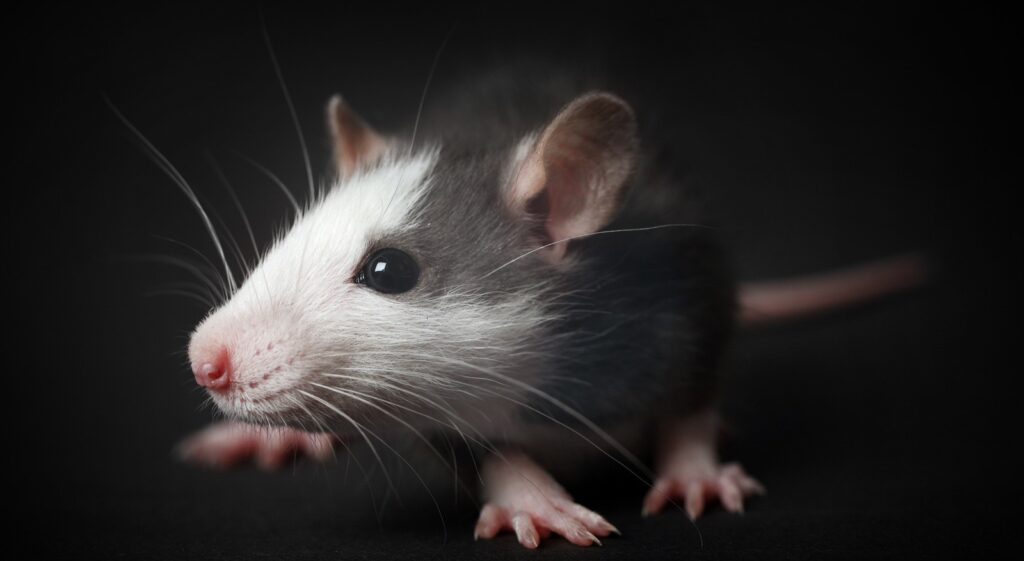
What does the rat symbolize in life?
In general, rats can symbolize fear, dirtiness, and vermin. They can also represent feelings of being threatened or overwhelmed, as well as hidden fears or anxieties. On the other hand, rats can also symbolize intelligence, adaptability, and resourcefulness.
Resourcefulness and Adaptability: One of the most common symbolic attributes of rats is their remarkable resourcefulness and adaptability. Rats have the ability to thrive in diverse environments, from crowded urban centers to remote rural areas. This adaptability symbolizes the importance of resilience and flexibility in navigating life’s challenges. Rats remind us that adaptability is a valuable trait in an ever-changing world.
Fertility and Abundance: Rats are known for their high reproductive rates, with the potential to produce numerous offspring. In some cultures, rats symbolize fertility and the abundance of life. They serve as a representation of prolific growth and renewal, highlighting the capacity for life to flourish even in challenging circumstances.
Intelligence and Problem-Solving: Rats are intelligent creatures that display problem-solving skills and adaptability. This intelligence has led to their inclusion in folklore as clever and resourceful characters. Rats symbolize the value of intelligence and the ability to find innovative solutions to problems. They remind us that intelligence and adaptability can be powerful tools in overcoming obstacles.
What are the symbols of rats?
Rat Symbolism and Meaning
Within this context, rats can symbolize unwanted children or unwanted siblings. While rats are sometimes associated with greed or thievery as a result of their hoarding behaviors, many traditions also treat rats as symbols of prosperity, wealth, and success.
Resourcefulness and Adaptability: Rats are often seen as symbols of resourcefulness and adaptability. Their ability to survive and thrive in a wide range of environments, including urban areas, demonstrates their resilience and adaptability. Rats symbolize the importance of flexibility and adaptability in navigating life’s challenges.
Fertility and Abundance: Due to their high reproductive rates, rats can symbolize fertility and abundance. In some cultures, they represent the capacity for life to flourish and reproduce prolifically. Rats serve as a reminder of the abundance and fertility inherent in the natural world.
Intelligence and Problem-Solving: Rats are intelligent creatures known for their problem-solving skills. They symbolize intelligence and the ability to find innovative solutions to challenges. Rats encourage us to use our intellect and resourcefulness to overcome obstacles.
What does a rat symbolize in literature?
They are portrayed as a literary device to develop horror, such as in Lovecraft’s The Rats in the Walls or in Camus’ The Plague, and as instruments of torture, as in the Room 101 incident in Orwell’s Nineteen Eighty-Four.
Filth and Decay: Rats are frequently associated with filth, decay, and deterioration in literature. They can symbolize the degradation of moral values, the decline of civilizations, or the corrupting influence of certain characters or environments. In this context, rats are used to evoke a sense of disgust and decay.
Survival and Resilience: Rats’ ability to survive and adapt to challenging circumstances has led to their symbolism of survival and resilience. In literature, they can represent characters who endure hardships and emerge stronger. Rats highlight the human capacity to overcome adversity.
Slyness and Deception: Rats’ cunning and resourcefulness are often portrayed in literature as symbols of slyness and deception. They can represent characters who use manipulation and craftiness to achieve their goals. Rats symbolize the complexity of human nature and the strategies people employ to navigate life’s challenges.
Secretive and Hidden Aspects: Rats are nocturnal creatures that often inhabit hidden, underground, or concealed spaces. In literature, they can symbolize the hidden or secretive aspects of human existence. Rats represent the idea that beneath the surface, there may be hidden truths, motives, or emotions.
Is rat a good or bad omen?
According to astrology that if there are 2 to 4 rats in your house, then there is nothing to worry about, but if there are more number of rats than this, then it is a sign that there may be a decrease in your happiness, prosperity and peace in your home. You may also encounter different types of problems in your life.
Disease and Pestilence: In many cultures, rats have been historically associated with the spread of diseases, particularly during times of plague outbreaks. As such, encountering rats could be seen as a negative omen foretelling the potential for illness or disaster.
Filth and Decay: Rats are often linked to filth and decay due to their presence in unsanitary environments. Seeing rats in or around one’s home might be perceived as a bad omen, symbolizing a need for cleanliness and hygiene.
Deception and Betrayal: Rats’ sly and cunning behavior has led to their association with deception and betrayal. In this context, spotting a rat could be interpreted as a warning of potential deceit or treachery in one’s life.
Economic Hardship: In some cultures, rats are viewed as symbols of economic hardship or financial difficulties. A rat sighting might be taken as a sign of impending financial challenges or setbacks.
Do rats have a spiritual meaning?
The Rat as a Spirit Animal
Those who identify with rats as a spirit animal possess strong intuition and have a sharp sense of both opportunity and danger. The rat is an inquisitive and gregarious spirit animal, but when pushed beyond of their comfort zones, they can become a little timid.
In Hinduism, the rat is associated with the god Ganesha, who is revered as the remover of obstacles and the deity of wisdom and knowledge. Ganesha is often depicted riding a rat, symbolizing his mastery over obstacles and his ability to remove hindrances from one’s path. Rats are considered sacred animals in some Hindu temples, where they are fed and protected.
In the Chinese zodiac, the rat is one of the twelve animal signs. Each animal sign is associated with certain personality traits and characteristics. People born in the Year of the Rat (according to the Chinese zodiac) are believed to possess qualities such as intelligence, resourcefulness, adaptability, and charm. The rat symbolizes prosperity and good fortune in Chinese culture.
In some indigenous cultures, rats are seen as spirit animals or totems with unique symbolism. The specific meanings attributed to rats can vary among different tribes and regions. Rats might symbolize qualities like survival, adaptability, and resourcefulness, reflecting the animals’ natural behaviors.
In various folkloric traditions and symbolic interpretations, rats can represent a wide range of spiritual concepts. They may symbolize fertility and abundance due to their high reproductive rates. Rats’ ability to thrive in diverse environments can be seen as a symbol of adaptability and resilience. Additionally, their presence in hidden or concealed places can symbolize the exploration of hidden truths or emotions.
Is it good luck to see a rat?
While the rat has darker meanings in western culture, they are very positive symbols in the East. The rat is the first animal of the Chinese Zodiac and is thought to be a symbol of wit and prosperity. As rats are prolific and resourceful, the rat can be an indication that a future plan or business will do well.
Disease and Pestilence: Historically, rats have been associated with the spread of diseases, particularly during plague outbreaks. In this context, encountering a rat might be perceived as a bad omen, symbolizing the potential for illness or disaster.
Filth and Decay: Rats are often linked to filth, decay, and unsanitary conditions due to their presence in areas with poor hygiene. Seeing a rat in or around one’s home might be seen as a sign of uncleanliness and decay, potentially symbolizing negative aspects of one’s environment.
Deception and Betrayal: Rats’ sly and cunning behavior has led to their association with deception and betrayal. In some beliefs, spotting a rat could be interpreted as a warning of potential deceit or treachery in one’s life.
Economic Hardship: In certain cultures, rats are viewed as symbols of economic hardship or financial difficulties. A rat sighting might be taken as a sign of impending financial challenges or setbacks.
Which animal is lucky for rat?
Throughout his long and eventful life, the Rat will make many friends and will find that he is especially well-suited to those born under his own sign and those of the Ox, Dragon and Monkey.
Lucky Companions: The rat is believed to have favorable interactions with certain other zodiac animals. The most notable is the Ox. The Year of the Rat and the Year of the Ox are considered a harmonious and compatible pairing. This relationship is often associated with stability, support, and shared values.
Neutral Relationships: Rats are generally believed to have neutral relationships with animals of their own sign, such as other rats. The compatibility or luck in these pairings can vary depending on the specific elements associated with each individual’s birth year.
Inauspicious Relationships: In traditional Chinese astrology, the rat is said to have less favorable interactions with animals like the Horse. These pairings may be associated with challenges or conflicts, although individual experiences can differ significantly.
Elements Matter: It’s that the luck and compatibility of a rat with other animals also depend on the associated element of the year (e.g., Wood Rat, Fire Rat, Earth Rat, Metal Rat, Water Rat). Each element adds further nuances to the personality and interactions of individuals born in a specific year.
What God is associated with rats?
Ancient Greece and Rome
The mysterious, and at times dark, Greek god Arimanius favored rats as his chosen animal. Elsewhere in Greek mythology, Apollo was associated with the rats’ cuter cousin, the mouse, so much so that he was even referred to as “Apollo, the Lord of Mice” in the Illiad.
The Mouse as a Vehicle: In Hindu mythology, many gods and goddesses have animal vehicles or mounts that symbolize various attributes or qualities. Lord Ganesha’s vehicle is a rat, specifically a mouse. This small creature serves as his vehicle, known as a vahana, symbolizing Ganesha’s mastery over even the most humble or inconspicuous of beings. This association underscores Ganesha’s qualities of humility and accessibility, emphasizing that he is approachable by all, regardless of their status or background.
The Rat as a Companion: Another legend associated with Lord Ganesha tells the story of a mighty snake that terrorized people. Ganesha mounted a mouse and tamed the snake, turning it into a protective accessory, often depicted coiled around his waist. This story reinforces Ganesha’s role as a remover of obstacles and a protector of devotees.
Depictions in Temples: In many Hindu temples dedicated to Lord Ganesha, rats are often depicted alongside his idol or in the temple’s surroundings. Devotees believe that rats are sacred in these temple spaces and are treated with care. Feeding and protecting rats in these temples is considered an act of devotion and brings blessings from Lord Ganesha.
Symbolism of the Rat: The rat, being an animal associated with Ganesha, carries various symbolic meanings. It represents humility, adaptability, and the ability to overcome obstacles. In this rats symbolize the qualities that devotees seek to emulate in their spiritual journeys.
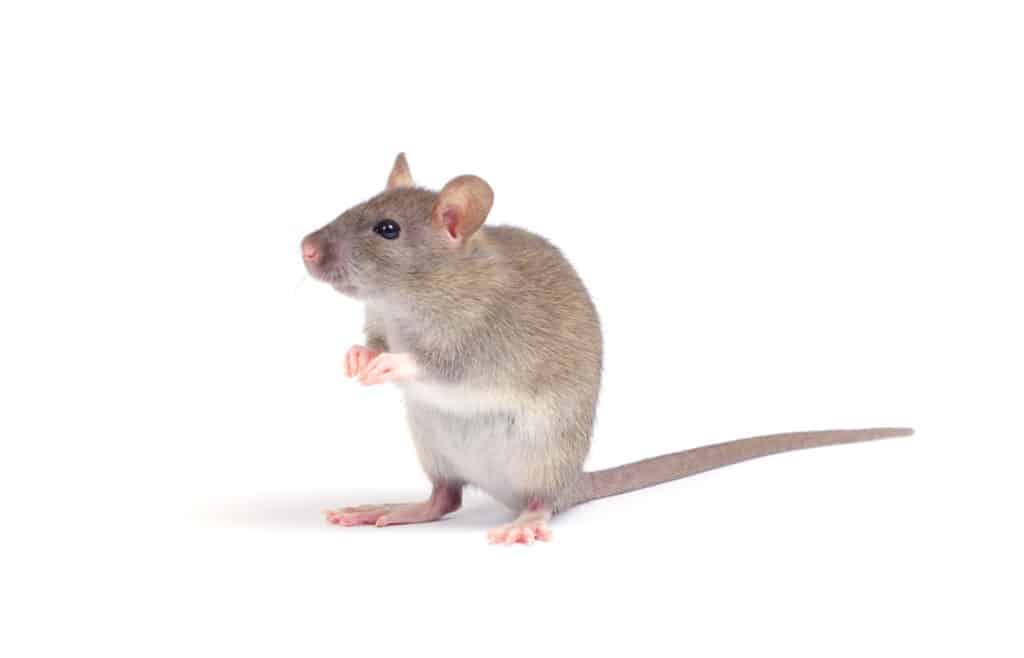
Conclusion
In the symbolism of rats is a rich tapestry woven through the fabric of human culture and history, reflecting both the positive and negative aspects of these resilient creatures. Depending on the cultural context and interpretation, rats can represent a diverse range of qualities and attributes. One of the most prominent symbols associated with rats is adaptability and resourcefulness. These rodents have demonstrated an extraordinary ability to survive and thrive in a wide array of environments, from bustling urban centers to remote wilderness areas. Rats serve as a symbol of resilience in the face of adversity, reminding us of the importance of adaptability in navigating the challenges of life.
Rats also symbolize fertility and reproduction, owing to their prolific breeding habits. In some cultures, they are seen as a representation of abundance and the capacity for life to flourish. Their rapid reproduction serves as a reminder of the inexorable force of growth and renewal in the natural world. Rats are often associated with intelligence and cleverness. Their problem-solving skills and adaptability have earned them a place in folklore as crafty and resourceful characters. This rat symbolism underscores the value of intelligence and adaptability in overcoming obstacles and finding innovative solutions to problems.
On the darker side, rats have been linked to disease and filth throughout history. Historical plagues and epidemics were often associated with rat populations, leading to the symbolic representation of rats as carriers of pestilence and symbols of uncleanliness. In rats serve as a stark sanitation and hygiene in maintaining public health. Rats have also been seen as symbols of deception and betrayal in some cultures. Their stealthy and cunning behavior has contributed to this negative interpretation. This symbolism serves as a cautionary reminder of the potential for deceit and treachery in human interactions.

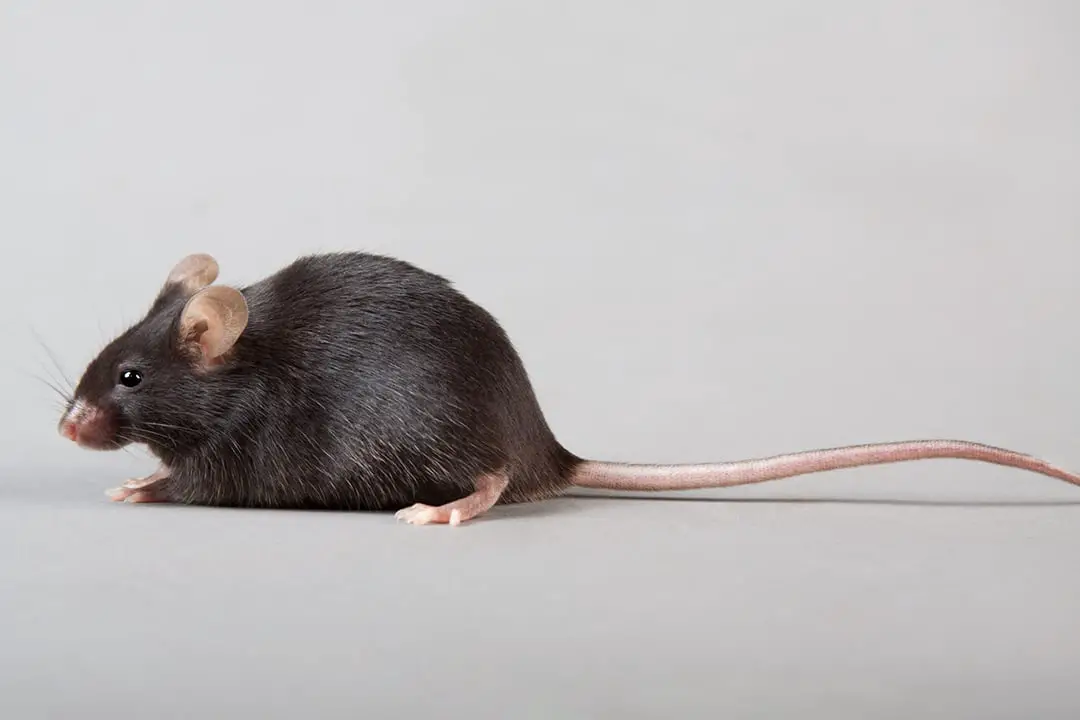
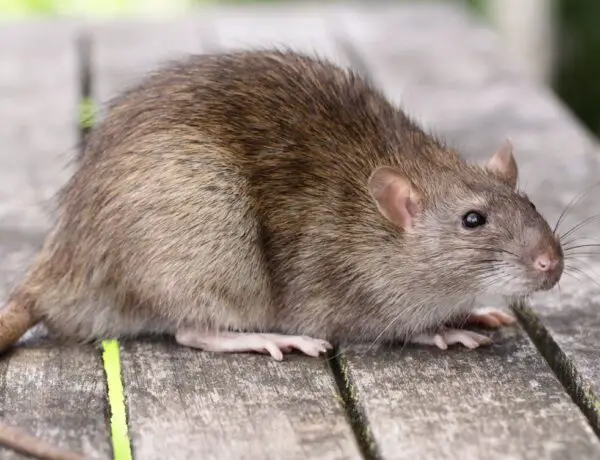
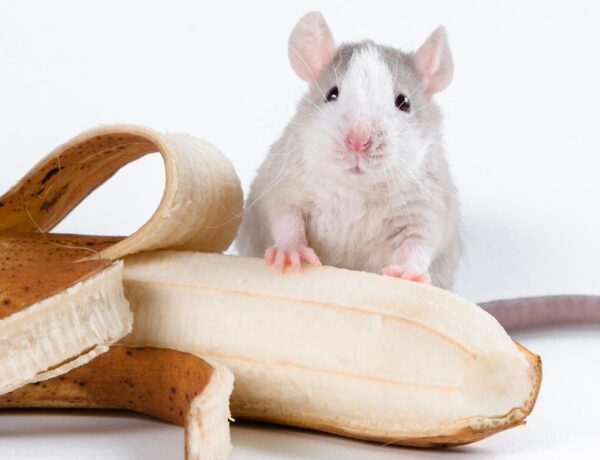
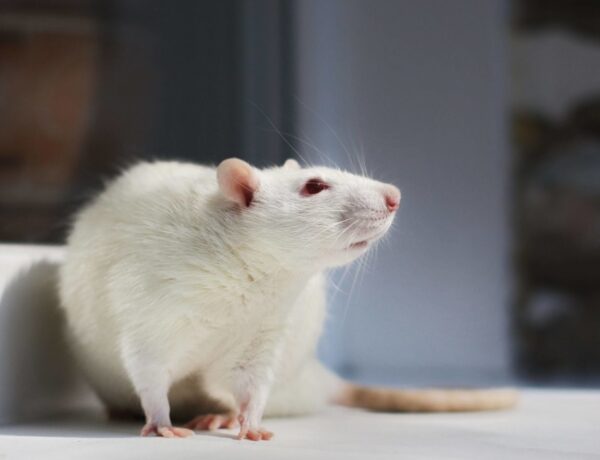
No Comments